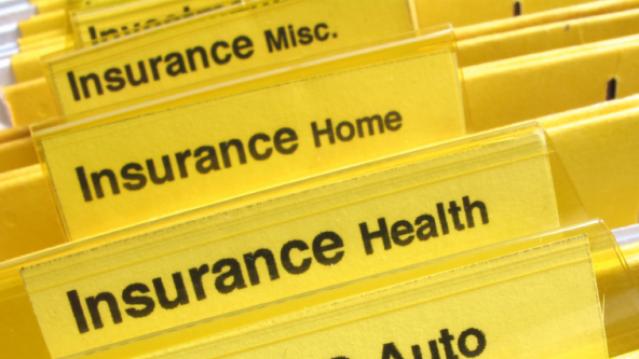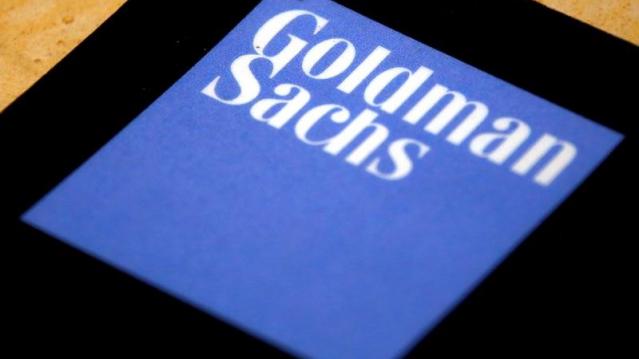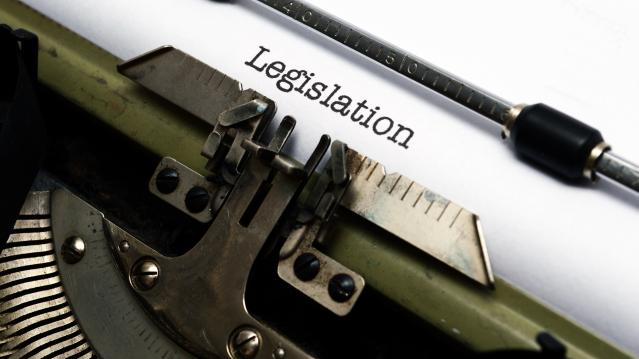Why You Should Shop Around for Car Insurance Right Now

If you haven’t shopped for auto insurance recently, you might want to spend an hour or so checking out other deals. It pays to review your policy and check what’s out there.
A new survey from insuranceQuotes.com shows that 66 percent of policyholders never or only rarely check to see if they could get the same or better coverage at a better price. The average American driver has been with the same auto insurance company for 12 years, and some have stayed with the same insurer for two to three decades, or longer.
Related: 5 Ways to Lower Your Car Insurance—Right Now
Millennials age 18 to 29 and senior citizens number among those least likely to shop around for auto insurance. At least six in 10 millennials with auto insurance assume you have to wait until your renewal date to switch insurance companies. And they’re not alone: 46 percent of Americans do not know that you can switch your auto insurance company at any time.
One of the reasons auto insurance may not be a priority for consumers? Auto pay options, while convenient, could be keeping car insurance payments and rates out of sight—and out of mind. Human nature and procrastination is another. “People think that it’s a task that might be difficult and time-consuming,” says senior analyst Laura Adams, “but it could be as simple as going to a website like insurancequotes.com, putting your information in for a free quote, and getting multiple quotes back. There’s no financial risk in looking for a new rate.”
Just spending an hour once a year to compare quotes from three different companies could potentially save you hundreds or thousands of dollars.
Related: A Quick Way to Save Big on Your Insurance
Experts suggest checking your car insurance rates the same way you would remember to change the oil in your car or swap the air filters in your home. Here are some tips to get started:
- Ask your current insurer if there are any company discounts you might be eligible for but don’t know about, such as the good-student discount. For college and grad students who have a B-average or better (or their parents) that could result in a significant discount.
- If you find a better deal, tell your current insurance company that you’re thinking of switching unless they can match the new offer or exceed it.
- If your current insurer refuses to negotiate, sign up for the new policy first—and then cancel the old one. “You always want to make sure you’re covered,” says Evans. “Insurance companies do not like to see a gap in coverage, and your rates could rise.”
- To get a wider variety of quotes, get online quotes from insurance company websites, consult with an independent agent, and look into companies that don’t use independent agents as well.
“Being married can cause your rate to decrease,” says Evan. “Marriage, getting good grades--these are all things that you have to self-report, which is why I recommend revisiting auto insurance at least once a year, as your life situation could change.”
Goldman Sachs Says Corporate Tax Rate Cuts May Get Phased In

Despite the challenges the Republican tax overhaul faces, Goldman Sachs still puts the chances of a plan becoming law by early next year at about 65 percent — but its analysts see some substantial changes coming before that happens. “The proposed tax cut is more front-loaded than we have expected; official estimates suggest a tax cut of 0.75% of GDP in 2018. However, we expect the final version to have a smaller near-term effect as competing priorities lead tax-writers to phase in some cuts—particularly corporate rate cuts—over time,” Goldman said in a note to clients Sunday.
The Hidden Tax Bracket in the GOP Plan

Politico’s Danny Vinik: “Thanks to a quirky proposed surcharge, Americans who earn more than $1 million in taxable income would trigger an extra 6 percent tax on the next $200,000 they earn—a complicated change that effectively creates a new, unannounced tax bracket of 45.6 percent. … The new rate stems from a provision in the bill intended to help the government recover, from the very wealthy, some of the benefits that lower-income taxpayers enjoy. … After the first $1 million in taxable income, the government would impose a 6 percent surcharge on every dollar earned, until it made up for the tax benefits that the rich receive from the low tax rate on that first $45,000. That surcharge remains until the government has clawed back the full $12,420, which would occur at about $1.2 million in taxable income. At that point, the surcharge disappears and the top tax rate drops back to 39.6 percent.”
Vinik writes that the surcharge would have affected more than 400,000 tax filers in 2015, according to IRS data, and that it could raise more than $50 billion in revenue over a decade. At a Politico event Friday, House Ways and Means Chairman Kevin Brady said the surcharge, sometimes called a bubble rate, was included to try to drive more middle-class tax relief.
Read the Republican Tax Bill, Plus the Talking Points to Sell the Plan

House Republicans on Thursday released a 429-page draft of their "Tax Cuts and Jobs Act." Read the bill below, or scroll down for the House summary or a more digestible GOP list of highlights.
Another Analysis Finds GOP Tax Plan Would Balloon Deficits
A study by the University of Pennsylvania’s Wharton School, using the Penn Wharton Budget Model (PWBM), finds that three modeled versions of the plan would raise deficits by up to $3.5 trillion over 10 years and as much as $12.2 trillion by 2040. The lowest-cost plan modeled in the study — a version that would tax corporate income at 25 percent instead of the GOP’s proposed 20 percent and pass-through income at 28 percent instead of 25 percent, among a host of other assumptions and tweaks — would lose $1.5 trillion over 10 years, or $1 trillion after accounting for economic feedback effects. (The budget adopted by Republicans last week allows for up to $1.5 trillion to the added to the deficit.) The study also found that workers’ wages would increase by about 1.4 percent over a decade, far shy of the estimated benefits being claimed by the White House.
The Budget Vote May Depend on a SALT Deal
House GOP members concerned about the proposal to repeal the deduction for state and local taxes are supposed to meet with party leaders Wednesday evening. They’re reportedly looking to reach a compromise deal to keep the tax break in some form — and the budget vote might be at stake, Bloomberg reports: “House Republicans hold 239 seats and need 217 votes to adopt the budget — a critical step to passing tax changes without Democratic support. That means 23 defections could sink the budget resolution — assuming no absences or Democratic support.”
